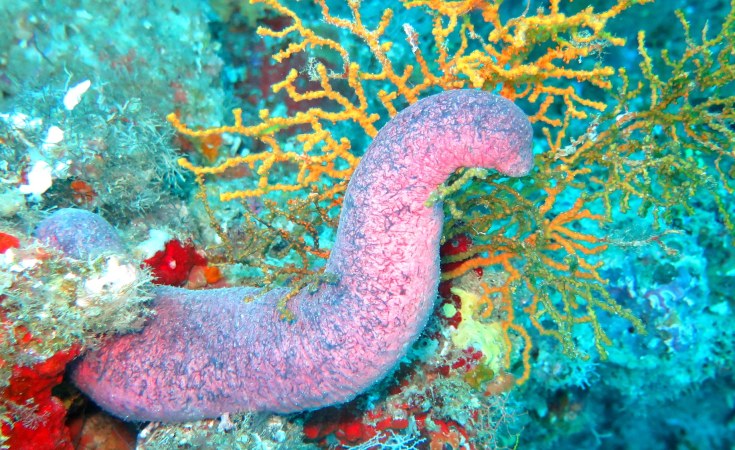Some sea cucumber species appear to be resilient to heavy fishing pressure while others show clear signs of over-exploitation according to a recently published 2021/2022 survey by the Seychelles Fishing Authority (SFA).
According to a press release from the SFA on Tuesday, the survey was completed in October 2022 and about 200 of the original sites surveyed in 2004 were revisited to estimate the trends in density and population size since that time.
The head of the SFA fisheries research department, Rodney Govinden, said, "The research had for the first time seen the participation of industry divers in the implementation of the surveys. This is an important step towards co-management and the continuous improvement in the future management of the fishery."
The data collected on the white teat fish species points to a heavily depleted population of approximately 10 percent of its 2004 level.
Last year, when SFA announced the new season, which started on October 15 and will end on June 14, 2023. The authority said there will be a complete closure on the fishing of the white-teat fish.
This is one of the recommendations made in the published survey led by consultant Timothy Skewes that immediate cessation of fishing of the species is required to allow rebuilding and monitoring every three years to detect any recovery.
Another species being overfished is the flower teat fish and SFA in the new season has the fishing quota reduced by 5 percent - from 11,250 pieces per vessel to 9,619 - as a reduction in the stock has been observed.
There is good news for the prickly redfish in 2021-2022, which showed an increase of 52 percent on the 2004 estimate.
In his recommendation, Hewes said that the Seychelles sea cucumber fishery can provide significant economic benefits to current and future generations of Seychellois.
He added that the sea cucumber fishery is at an important crossroads and that "it has fished hard for several years and many species are now showing signs of being over-fished, including the prized pentard [flower teat fish]. Industry, management, and scientists need to work together to ensure the long-term survival of the fishery."
Hewes said that "if the Seychelles' sea cucumber fishery can act and implement sustainable fishing practices, then access to global markets will remain open, and possibly at a premium, given the Seychelles growing reputation for environmental stewardship."
In Seychelles, sea cucumbers are mostly exported, especially to Asian markets. According to the National Bureau of Statistics (NBS), the annual export of dried sea cucumbers from 2019-2021 was a total of 41.52 tonnes at a market value of $4.7 million.


